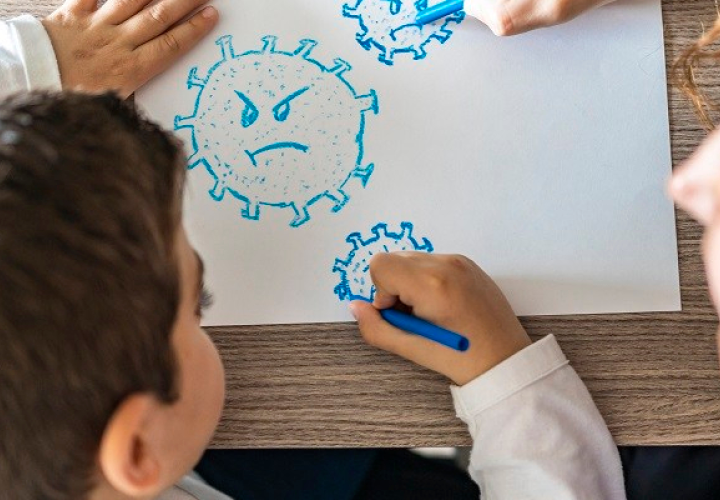Embracing Virtual Learning Opportunities
Many of our programs have successfully pivoted to offer virtual training opportunities. Connecticut Children’s Injury Prevention Center (IPC) shifted its Hayley Petit Injury & Violence Prevention Fellowships, which are generously supported by the Petit Family Foundation, to an online learning program. Our Resident Education in Advocacy and Community Health (REACH) program, which is one of several training pathways for pediatric residents, converted to a virtual curriculum, which has served to increase engagement among the residents. In addition, Educating Practices, which is a signature innovation of the Child Health and Development Institute that is supported by the Office, transitioned its 21 training modules to online sessions, developed an online presentation related to family stress during COVID-19 for community providers to access, and hosted a webinar on behavioral health resources that are available for families.
Monitoring Changes to Patterns of Injuries and Violence
The IPC is now in the process of researching changes in injury and violence patterns due to the pandemic. Such changes include an expected decrease in motor vehicle collisions and an expected increase in domestic violence and child abuse. The IPC hopes to bring attention to such changes to inform the distribution of resources during this time of need. As part of that, IPC researchers developed a webinar for the Connecticut Department of Children and Families and community providers highlighting the impact that increased intimate partner violence during COVID-19 is having on children.
Preventing Childhood Obesity
The Kohl’s Start Childhood Off Right (SCOR) program shifted to disseminate healthy eating and exercise messages through virtual technology. Since SCOR can no longer hold its community wellness events at family and community centers due to COVID-19, the program pivoted to develop online videos with its partners. Its first video features Zumbini with Mr. Rey, a dance and movement class for caregivers and kids from infancy through preschool. It is now available for viewing on Connecticut Children’s YouTube channel.
Maintaining Capacity to Address Needs
Care Coordinators at Connecticut Children’s Center for Care Coordination are reaching out to the families they serve to ask if they need support and to ensure that their needs are met during this difficult time. This includes connecting families to resources that meet basic needs, such as food services, and helping them navigate the complex unemployment system. They are also referring families to behavioral health services and supports, if families request and need such services. The Center also continues to take on new clients, as so many families now find themselves in need of support.
This is an unprecedented time of need. At Connecticut Children’s Office for Community Child Health, we understand that helping families in challenging times is of critical importance. We are pleased to see our programs responding to this need and rising to the occasion. We will get through this together – stronger, more resilient, and thriving.
